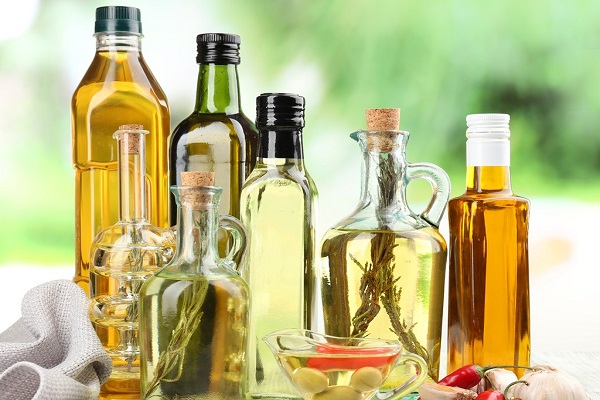Cosmetic and hygiene oils are divided into three main categories: natural (vegetable), mineral, and synthetic. Each of these types has unique properties and uses for skin and hair care.
Types of cosmetic and hygiene oils:
Natural oils:
These oils are extracted from plants and oilseeds and are used for their nourishing and therapeutic properties for skin and hair. Common natural oils include argan, almond, coconut, olive, jojoba, black seed, and more.
Mineral oils:
These oils are derived from mineral sources (such as petroleum). Liquid paraffin is an example of a mineral oil used as an emollient in some cosmetic products.
Synthetic oils:
These oils are chemically produced and have various properties and applications. Silicone oils are examples of this type.
Main applications:
Skin care:
Oils are used as moisturizers, emollients, anti-wrinkle, anti-inflammatory agents, etc., in skin care products.
Hair care:
Oils are used to strengthen hair, reduce hair loss, prevent split ends, increase softness and shine, and more.
Massage:
Carrier oils like avocado oil are used in massage therapy due to their high permeability.
Soap making:
Vegetable oils such as baobab oil are used in producing mild and nourishing soaps.
Oils are organic liquids that do not dissolve in water and are therefore lipophilic (fat-loving). Thus, we also talk about lipids. These include:
- Fatty oils (i.e., fats that are liquid at room temperature; these oils include both animal and vegetable oils).
- Essential oils (oily extracts of plants).
- Mineral oils (including paraffin and petroleum jelly).
- Silicone oils (identifiable by endings such as “-conol,” “-cone,” or “-xane”).
The most important function of oils in skin care is certainly the natural strengthening of the hydrolipidic layer. This delicate film protects the skin from the outside world by repelling pathogenic microbes, bacteria, and fungi. At the same time, the hydrolipidic film ensures the skin does not lose too much moisture. The key term here is transepidermal water loss (TEWL). Lipophilic substances like oils protect against drying out. They also smooth the skin by filling in tiny depressions.
Vegetable oils are particularly valuable because they contain unsaponifiable fatty substances. These include vitamins and phytosterols. The latter smooth the skin and reduce TEWL because they resemble the skin’s own cholesterol, which is part of the natural skin barrier. This is what makes vegetable oils highly valuable for medical skin care.


